Stories of time, experience, and consumption
An annotated reading of the books I finished in August 2025.
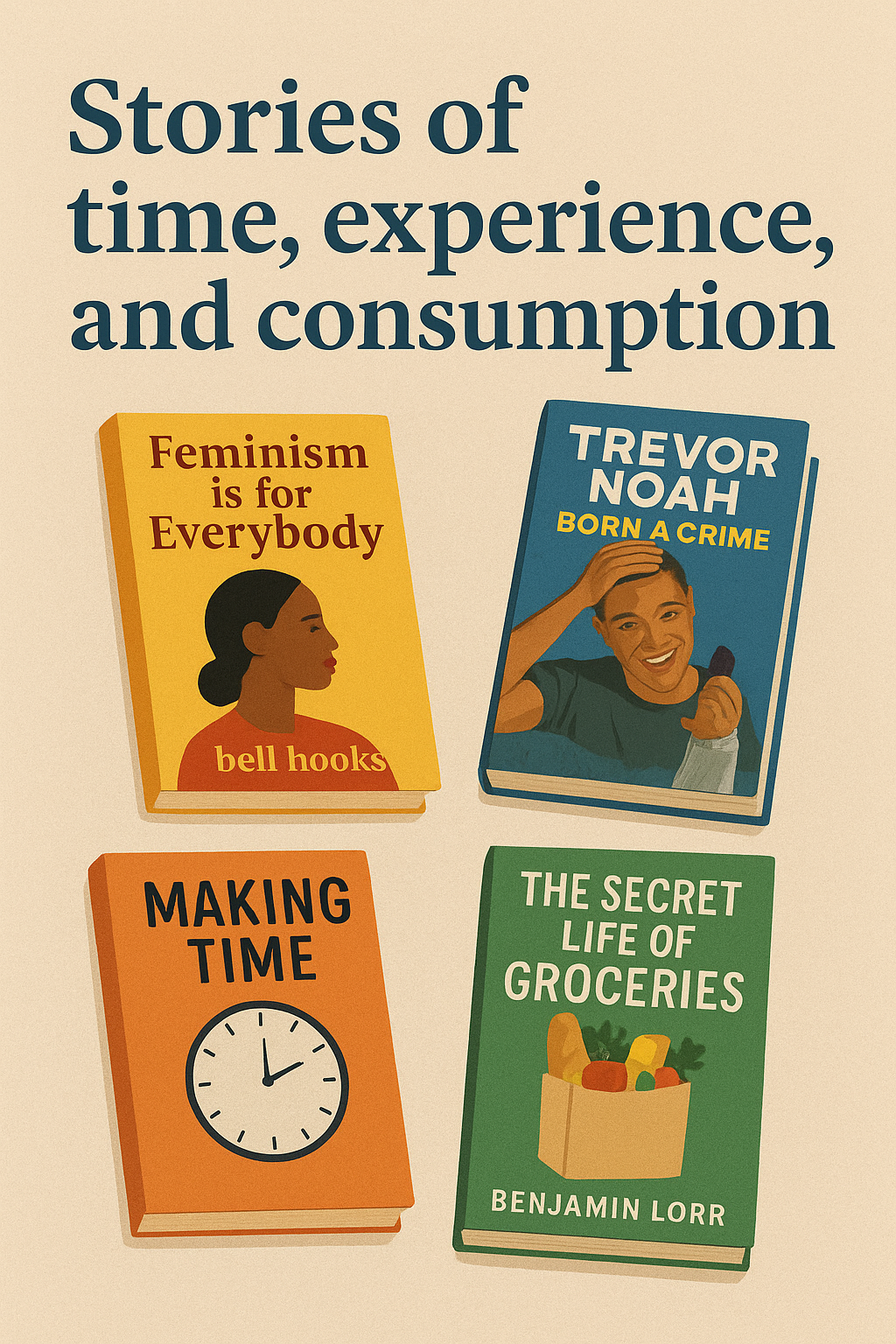
With the August breeze at our backs, let’s dive into this month’s reading list.
Books Read in August 2025
- Born a Crime
- Making Time
- Feminism is for Everybody
- The Secret Life of Groceries
South African stories
Trevor Noah is a gem, especially as a writer and storyteller. He knows how to engage his audiences, whether through humor or brutal (spoken) realities. His perspectives on race, religion, relationships (family and friends), and culture are authentic and on the nose enough to quickly charm readers. This is a classic find that everyone should enjoy.
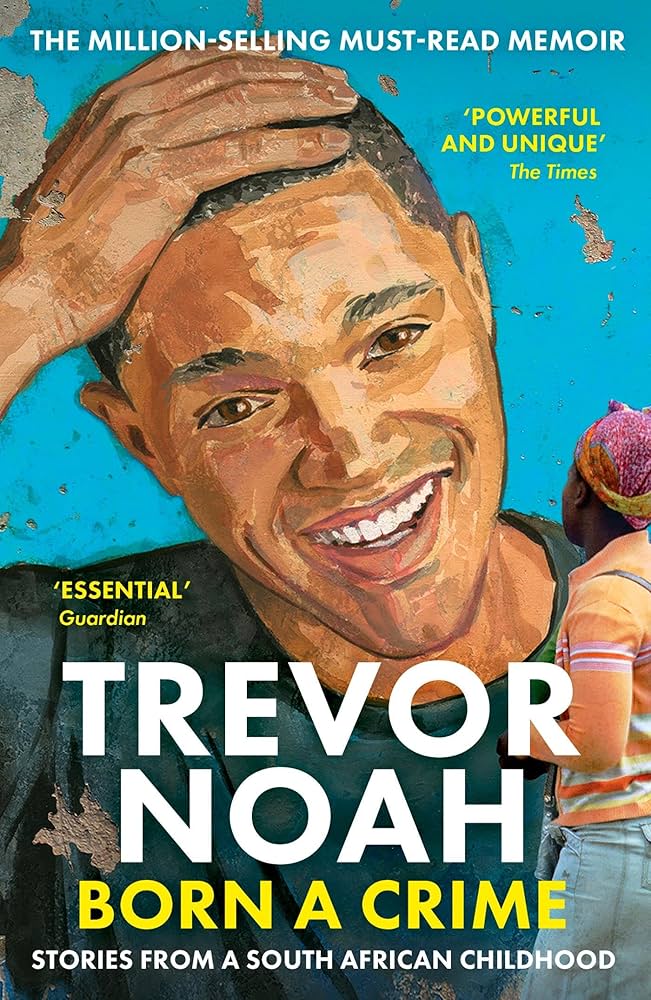
Time tyranny
Modernity seems to be making it increasingly difficult to sit still and not constantly think about the future/news/potential disasters. A significant piece of this puzzle is how we view time (as a concept) and how Western societies have (d)evolved to treat any idle time as hours where you are “not being productive”. Maria Bowler, the author of Making Time, claims that this overwhelming cultural focus on productivity/value production over every other aspect of society crowds out the space necessary for one to be a modern creative (in the broadest sense). To recover our (innate) ability to be creative in an increasingly distracted and attentionally crowded landscape, Bowler argues we need a change in perspective and self-identification, understanding that (as creatives) our productivity offers marginal value to the world when our creative drives or inspirations are treated as an optional (and less important) component of the human experience. To be human is to both create and produce, it would seem.
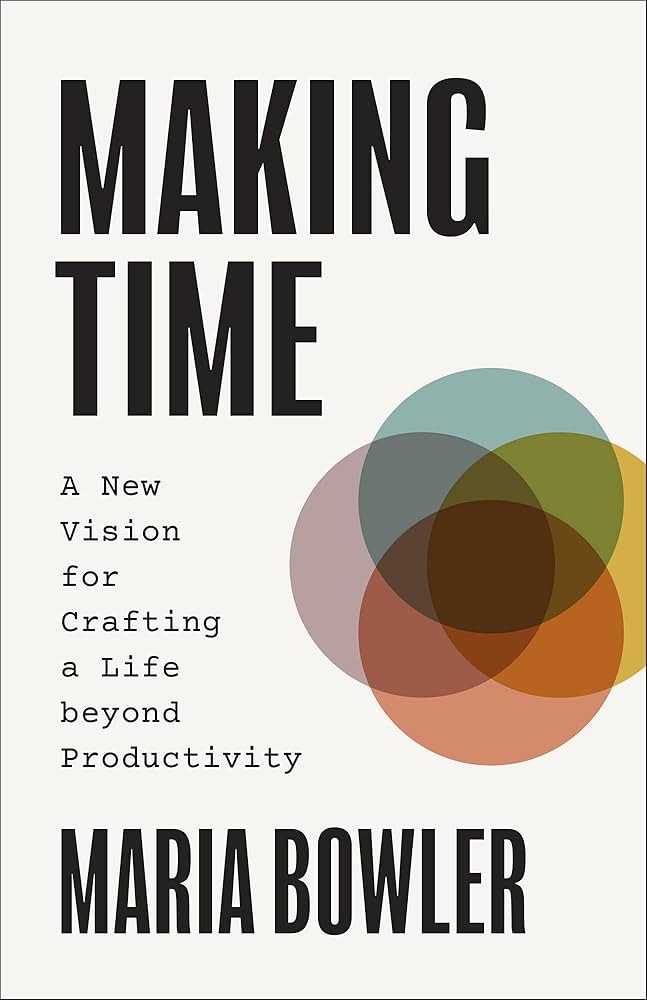
Experiential hooks
The history of feminism and women’s rights in the Western world is complex and multi-faceted, and one aspect that often gets overlooked, bell hooks argues in Feminism is for Everybody, is that the growth of the women’s empowerment movement can be seen as a net positive for everybody. Simply put, we all benefit when we are all empowered to take ownership of our lives and decisions. For example, restricting men to speak only a limited vocabulary of simplistic emotional experiences (as is common in the West) dampens the quality of life of men as well as women, and women’s empowerment plays a key role in alleviating this burden. As systems research has shown over the last 50 years, feminism and systems theory have more in common than one might initially believe, so if we want to create (there’s that word again) better systems of the future, we had better learn as best as we can from the past.
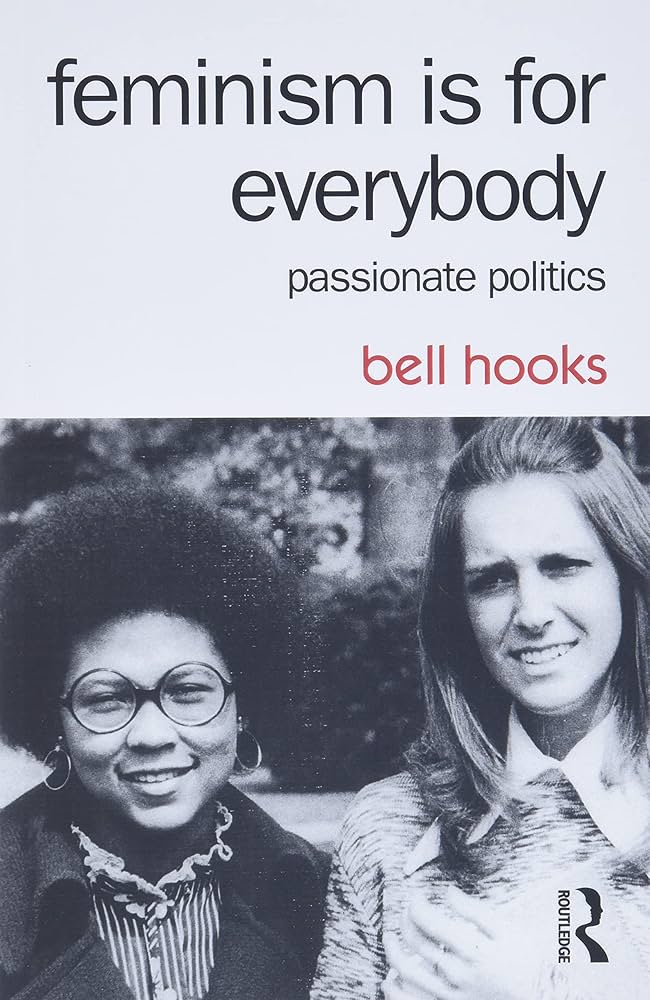
The grocery industrial complex
Grocery shopping in America can be quite a culture shock for those not familiar. Imagine huge warehouses full of intricately or bulk-packaged products lining each and every marketable space with little room to breathe and all the pressure to checkout sooner rather than later (lest you, heavens forbid, get stuck in a checkout line). How did it get to be this way, how sustainable is it, and why does each grocery chain compete with each other for product selection as fiercely as (American) football teams compete for the Superbowl? For a deep dive into those questions, Benjamin Lorr has you covered with The Secret Life of Groceries: The Dark Miracle of the American Supermarket. The tl;dr is, who knows how long we can keep this up…
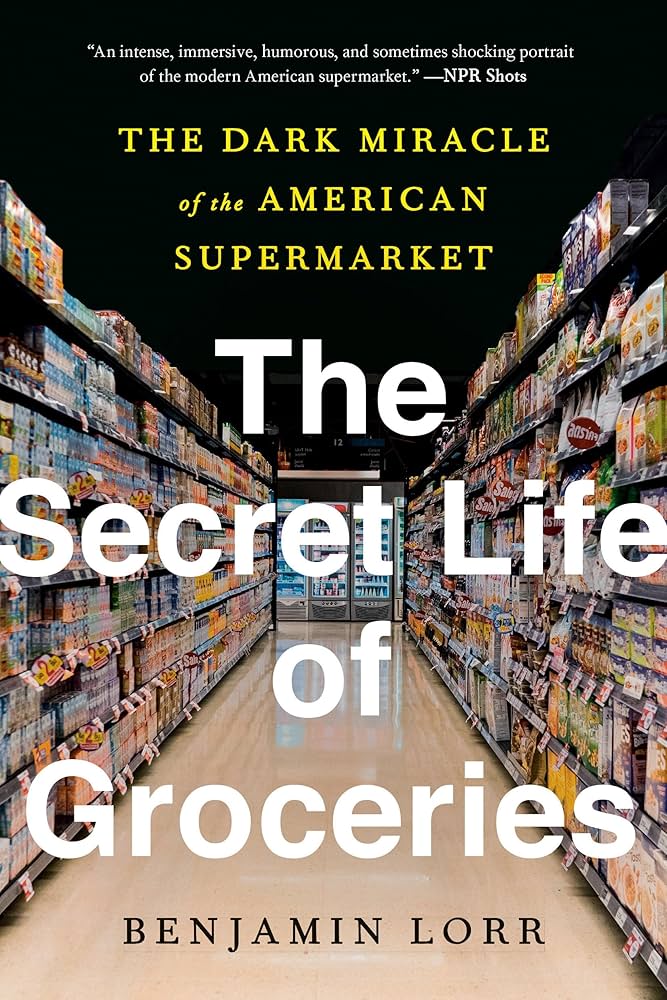
Alex